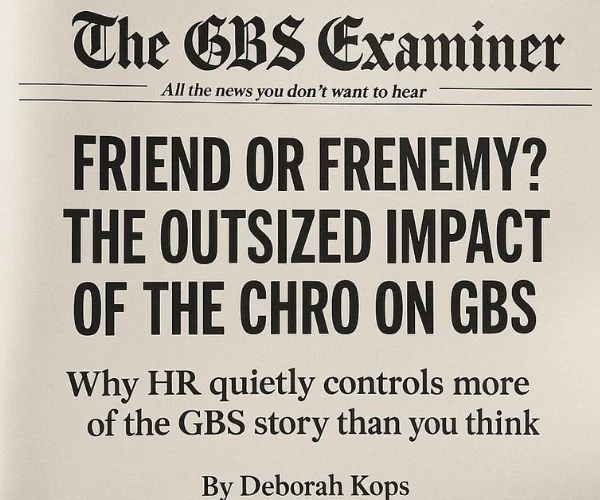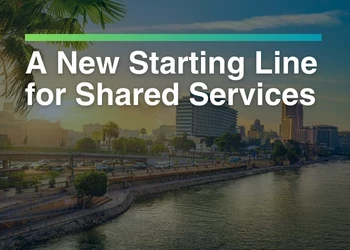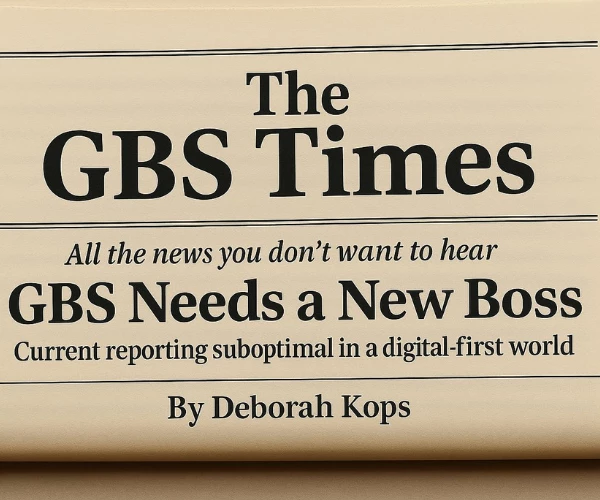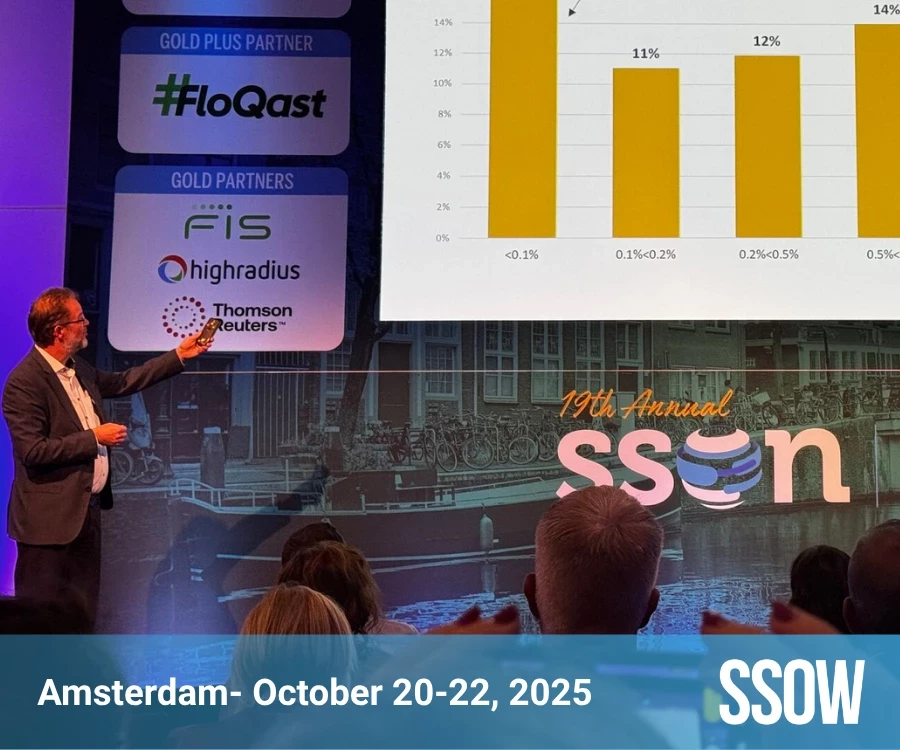The State of GBS Heading Into a Recession
Add bookmark
Analysts and the financial sector will tell you that the headwinds are clear. A post-pandemic recession is inevitable. What must shared services and GBS leaders be prioritizing to weather the storm? Barbara Hodge, Global Online editor of SSON, and Host of SSONext, sat down with Tom Bangemann, Head of Data Development & Research at SSON Research & Analytics to take you behind the scenes into SSON’s expansive data resources and present an overview.
Within SSON Research & Analytics, we are developing a hub specifically dedicated to GBS. Year after year, our surveys indicate that GBS is the model of the future - where corporations are investing and growing. At SSON, GBS is recognized as a really important model within service delivery. In 2023, as part of the SSON Awards, we're adding eight GBS performance studies and awards that will identify one leading Global Business Services enterprise every year.
Laying to rest the differing definitions of GBS
Leaders in the industry will know that a part of the problem at hand may be nomenclature; which in turn impacts structures and systems. Many shared services teams may call themselves Global Business Services without really being a GBS or they may call themselves Business Services Operations when in fact we may determine they are a GBS model.
Tom reminds us, “We came out of a world where we used to call these centralized services ‘shared services’. A Shared Services Organization, or a Shared Services Center. Everything was related to shared services, but in some organizations, it had a negative connotation similar to outsourcing, rightly or wrongly. Then scope enlarged and increased a lot and the Shared Services Organizations expanded to an international or global footprint. Many large companies entered this model where they had very similar ideas on how to execute shared services on a global level. We then realized that this is providing a lot of good service to our business globally, so isn't it a ‘Global Business Services’ model? And we started to call it that!”
Is having a single central leadership in GBS sufficient?
What's the role of a leader in determining a GBS? If an organization has a single leader for all its centers and activities, does it work? Tom suggests that having one leader is not sufficient for a GBS operation, but it is instead a minimum requirement. For example, consider a corporation that has five centers, each of which is led in different regions by individuals who only service that one region. In this case, the organization may need a regional business service that can be multifunctional and advanced and high performing. Further, in an ideal scenario, the organization would also do well to also link them up through some type of network solution where they can meet on a regular basis with a high degree of autonomy built in.
Where does ESG factor into GBS?
ESG (Environmental, Social and Governance) is starting to play a much larger role for companies, particularly after the pandemic. Tom points out that currently there are still issues with the way we as an industry are structuring and managing ESG, and that is something leaders need to look into on a priority basis. Social (or the S in ESG) becomes vitally important because it will cover how you deal with your employees, stakeholders, suppliers, vendors, and clients. From a Governance perspective, companies are striving to move from mere regulatory compliance to purposeful communication, and greater, more proactive transparency. Tom says, “ESG is a big bucket of topics that is driving the GBS agenda currently. The industry’s intention is to make things more transparent, honest, social, and to contribute to the environment and the community.”
Enjoy the audio medium? You’ll find a lot more detail in this full discussion between Barbara Hodge and Tom Bangermann here on Spotify or Apple Music.






























